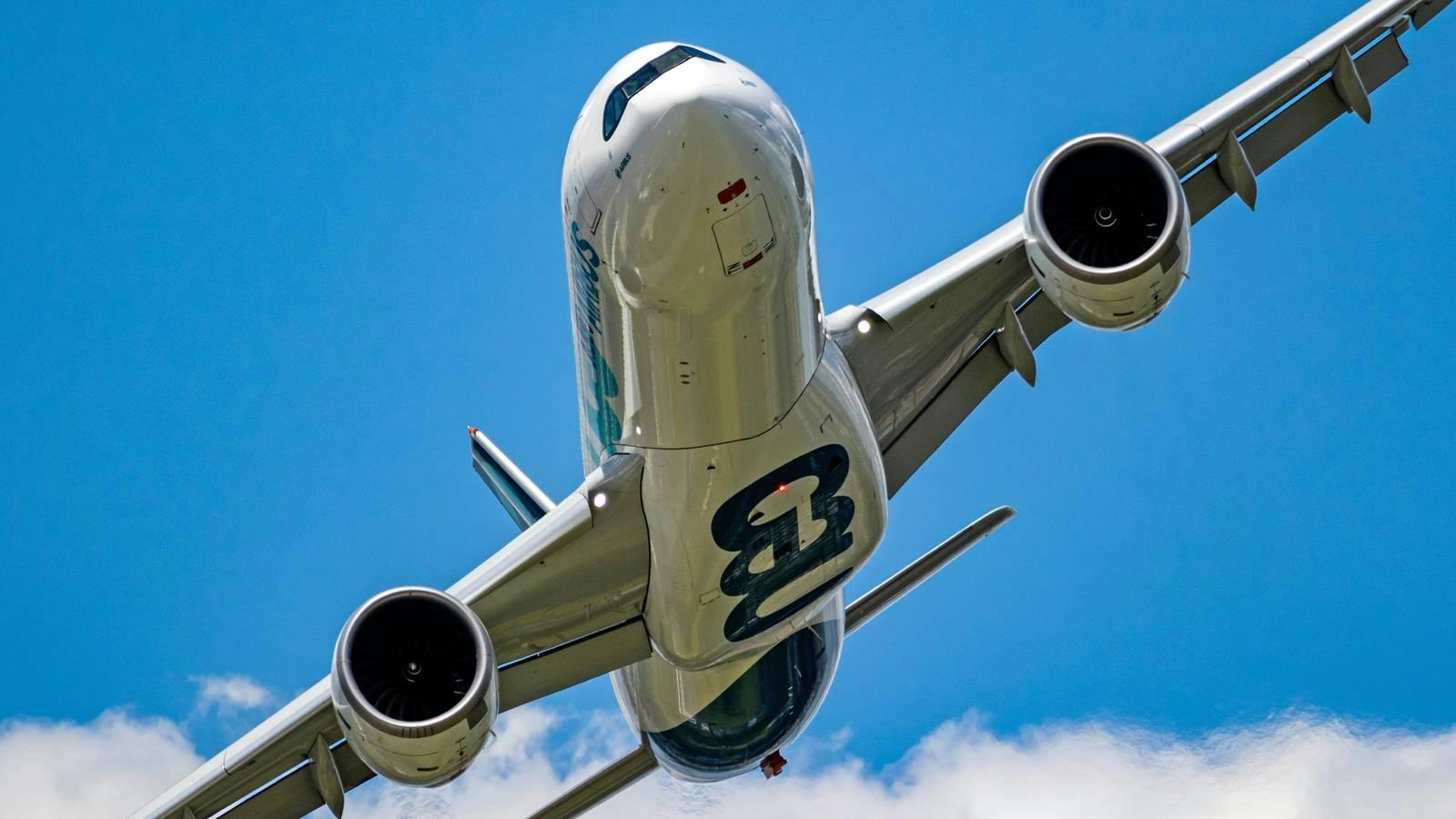
AeroGenie: Su copiloto inteligente.
Tendencias
Categories
Trade Pressure on Small Nations and Its Impact on Boeing
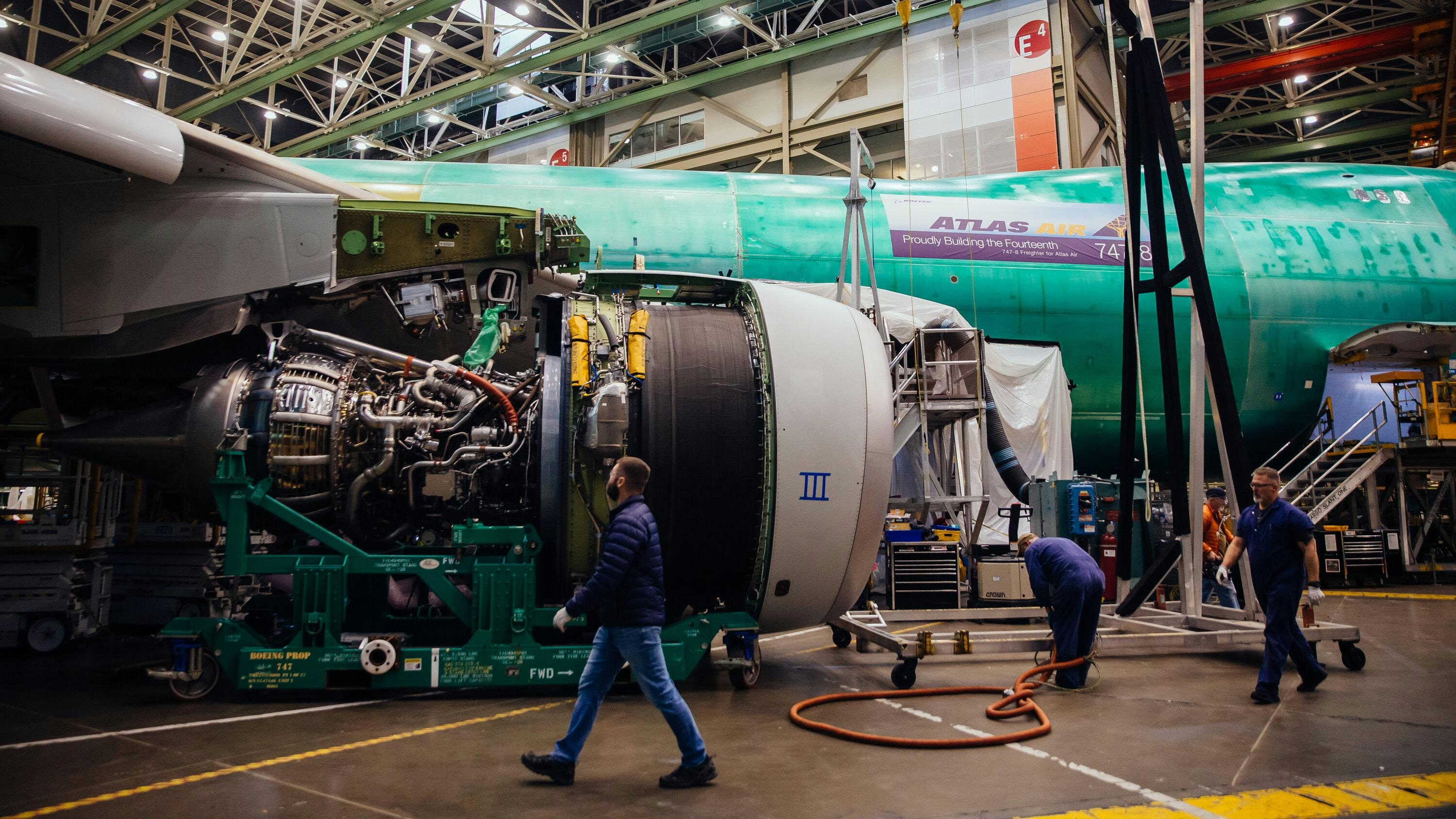
Trade Pressure on Small Nations and Its Impact on Boeing
Geopolitical and Economic Forces Shaping Aircraft Procurement
The evolving landscape of U.S. trade policy is increasingly influencing how smaller nations approach aircraft procurement, with significant consequences for Boeing and the global aviation industry. The current U.S. strategy, centered on a "reciprocal tariff" framework, targets countries with which the United States runs trade deficits by imposing duties ranging from 10% to 49%, depending on the magnitude of the imbalance. This approach incentivizes smaller nations, burdened by steep tariffs, to counterbalance these penalties through the importation of high-value American goods, notably commercial aircraft. Given that Boeing jets range in price from approximately $55 million for a 737 MAX to over $400 million for a 787-9, such transactions can substantially alter trade figures and serve as instruments of diplomatic leverage.
However, aircraft procurement decisions in the commercial aviation sector are influenced by a complex interplay of factors beyond trade balances alone. Strategic partnerships, delivery timelines, and longstanding relationships remain critical considerations. For smaller countries, tariff pressures amplify the appeal of ordering American aircraft, yet operational requirements and broader geopolitical dynamics also weigh heavily on these decisions.
Case Studies: Kazakhstan, Vietnam, and Thailand
Kazakhstan exemplifies this dynamic through Air Astana’s reaffirmed commitment to Boeing despite a 25% tariff under current U.S. policy. The airline’s order for three Boeing 787-9s, now delayed until mid-2026, alongside a $3.6 billion agreement for 30 Boeing 737-8s for its low-cost subsidiary FlyArystan, illustrates how aircraft deals can be strategically leveraged even amid delivery challenges.
Vietnam presents a particularly illustrative case. Vietnam Airlines’ outstanding order for 50 Boeing 737-8s was initially subject to a 46% tariff, which was subsequently reduced to 20% following negotiations. Vietnamese officials have openly acknowledged that acquiring American aircraft is a critical component in addressing the country’s trade surplus with the United States. The financing arrangement secured with Vietcombank, scheduled for April 2025, further underscores this strategic pivot, marking a notable departure from the airline’s traditional preference for Airbus narrow-body jets.
In Thailand, Thai Airways’ $10.8 billion order for 45 Boeing 787-9 Dreamliners, finalized in late 2023, predates the latest tariff regime but may have been influenced by anticipated trade pressures. This deal followed the airline’s rejection of Airbus A350-900s due to disputes over engine costs. With Thailand now subject to a 36% tariff, the prospect of additional Boeing orders remains plausible.
Broader Industry Implications and Boeing’s Strategic Challenges
The ramifications of these trade policies extend well beyond individual aircraft sales. As global tariffs threaten the $1 trillion aviation industry, companies like Boeing are reevaluating their supply chains and vendor networks, seeking alternatives in countries less affected by new duties. This strategic recalibration could lead to significant shifts in parts sourcing, maintenance, and servicing as aviation firms endeavor to mitigate tariff exposure.
Boeing itself faces a series of challenges amid these developments. U.S. tariffs on aluminum have disrupted integrated metal supply chains across North America, potentially increasing production costs. Concurrently, Airbus has advocated for counter-tariffs on Boeing products, though it has notably excluded U.S. aerospace subsystems from this demand, signaling intensifying competition within the sector.
Despite these headwinds, aerospace executives have sought to temper concerns about immediate impacts, emphasizing the industry’s adaptability. Boeing’s CEO has highlighted the importance of effectively communicating the broader implications of tariffs to policymakers as the company and the wider aviation sector navigate an increasingly complex global trade environment.
While U.S. trade pressure is prompting smaller nations to consider substantial Boeing purchases, the broader aviation landscape remains fluid. Supply chain strategies and international competition continue to evolve, reshaping the contours of the industry.
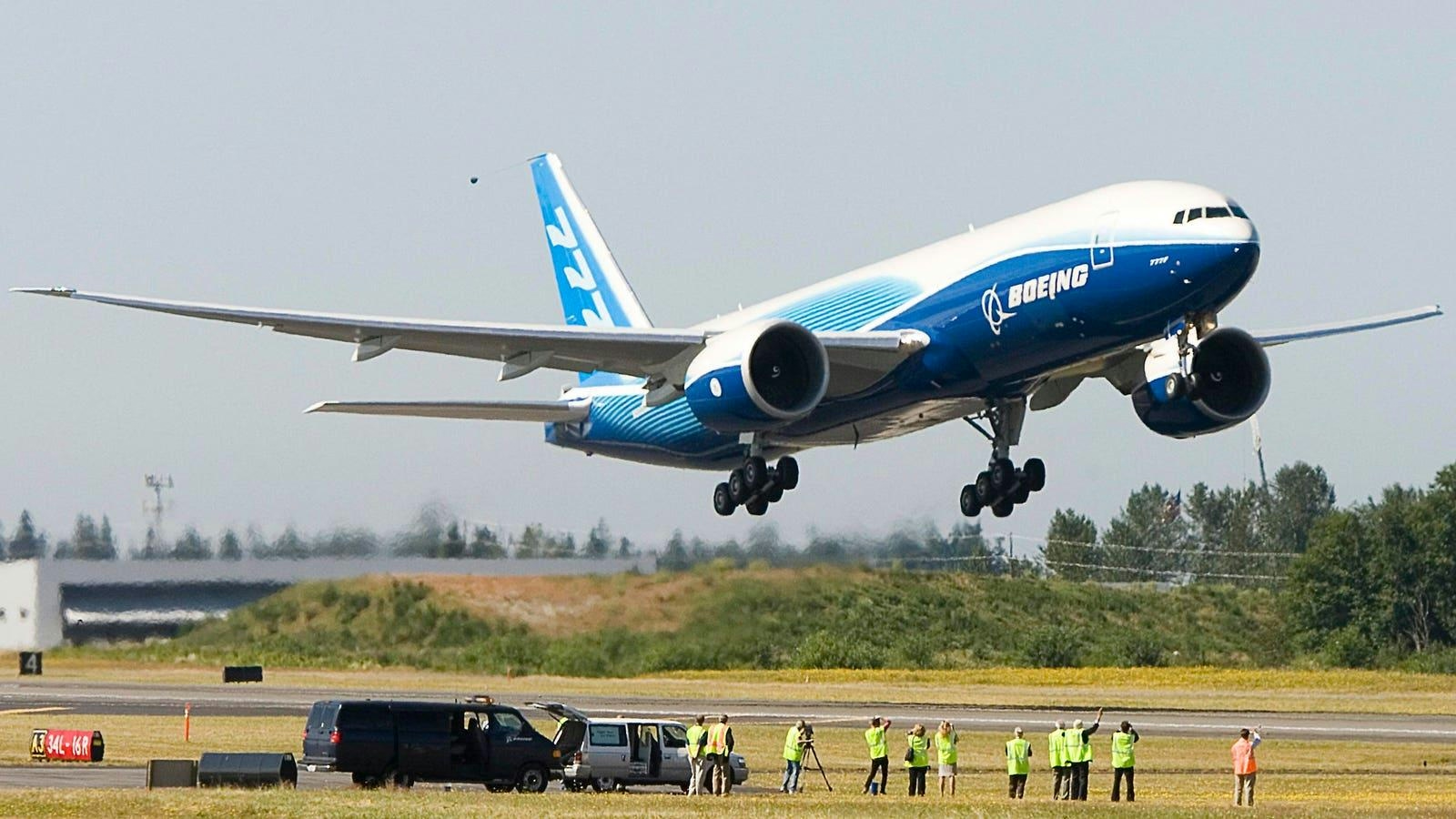
New Aircraft to Succeed the Boeing 777-200LR

Uzbekistan Becomes First in Central Asia to Order Airbus Flexrotor Drones
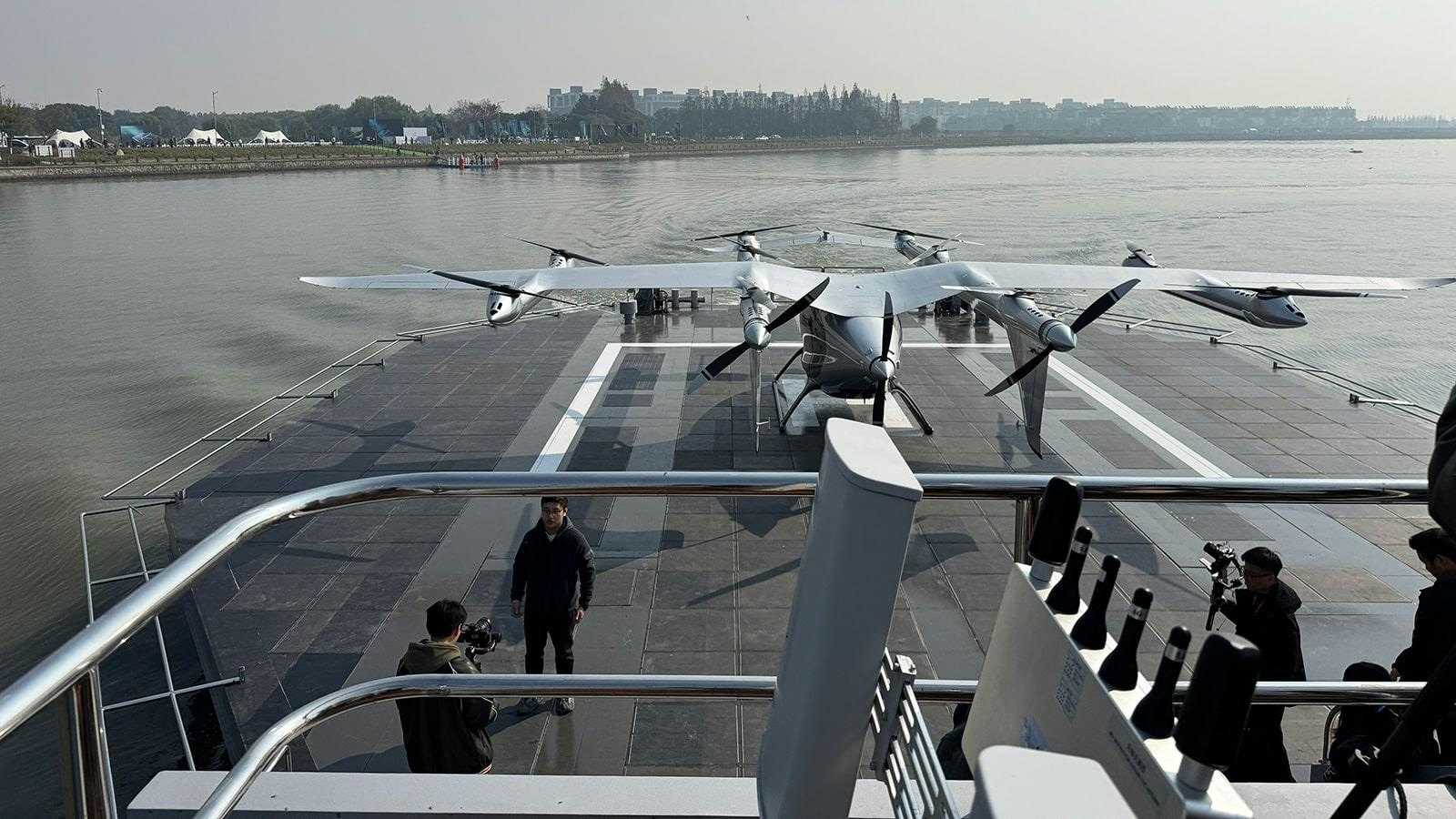
AutoFlight Unveils Zero-Carbon eVTOL Water Vertiport

SmallRig Partners with Photographer Chen Cheng to Advance Aerial Imaging
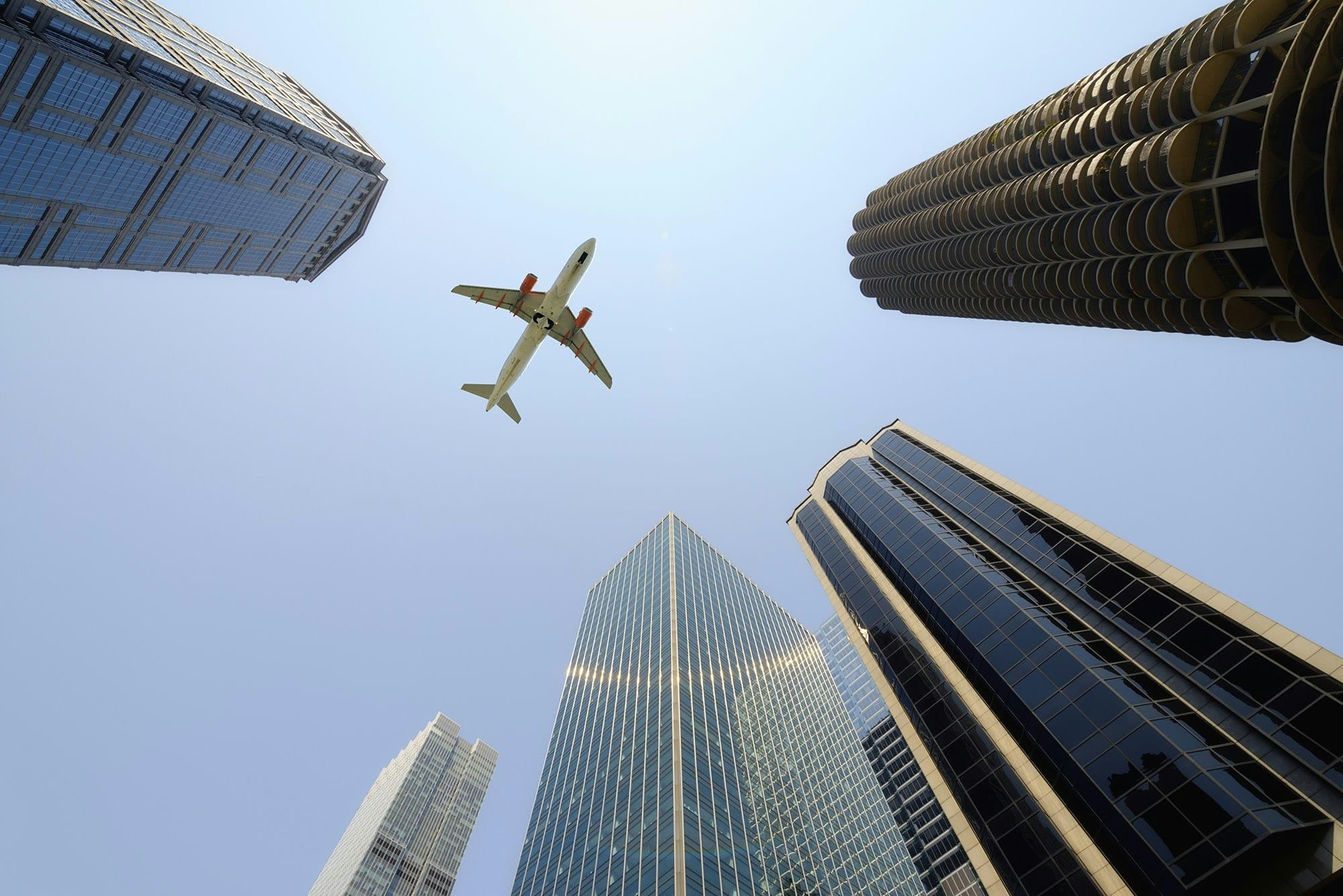
Aviation Lease Rates Hit Record High
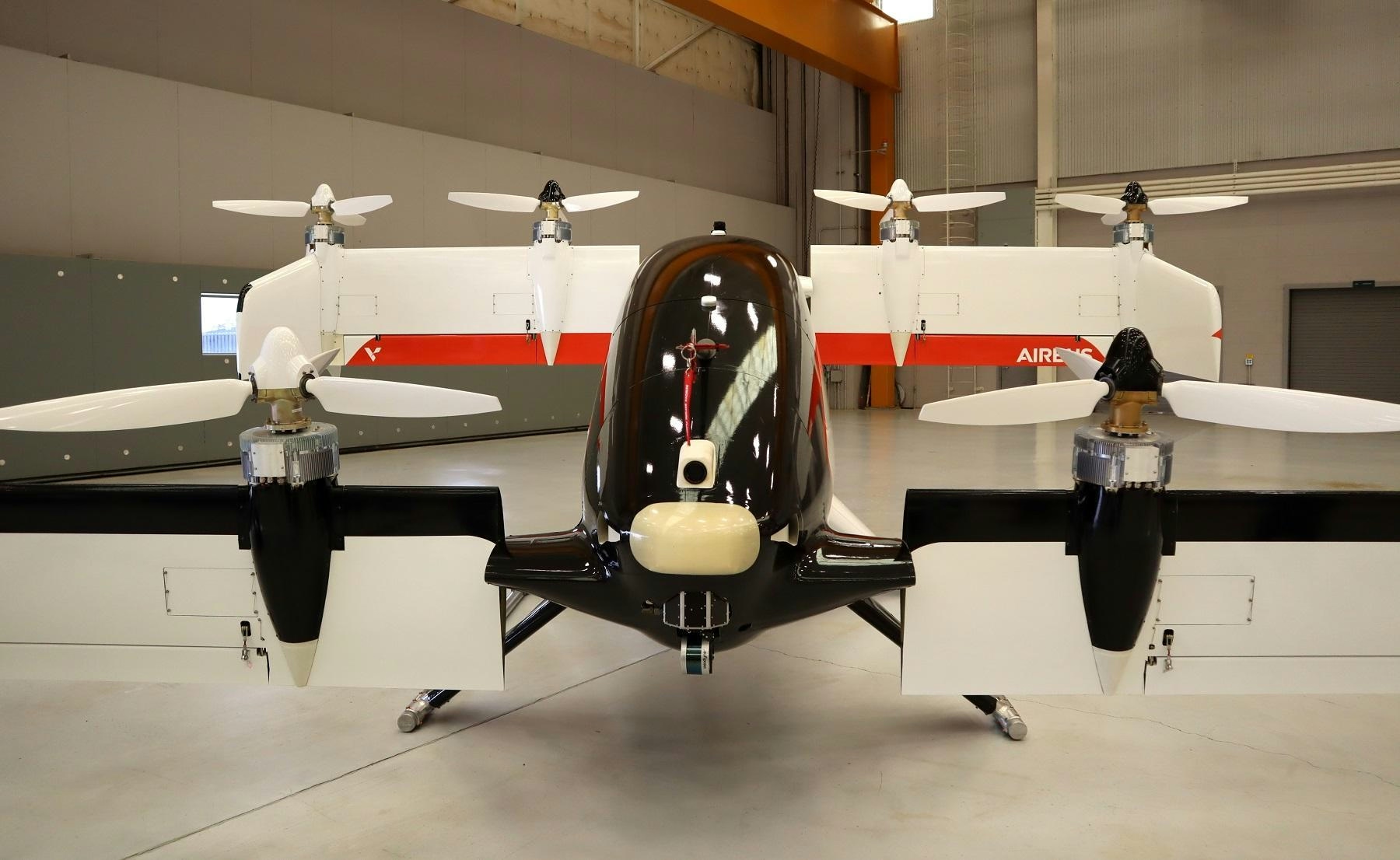
Inside a Four-Seater Flying Taxi Designed for Future Pilotless Flights
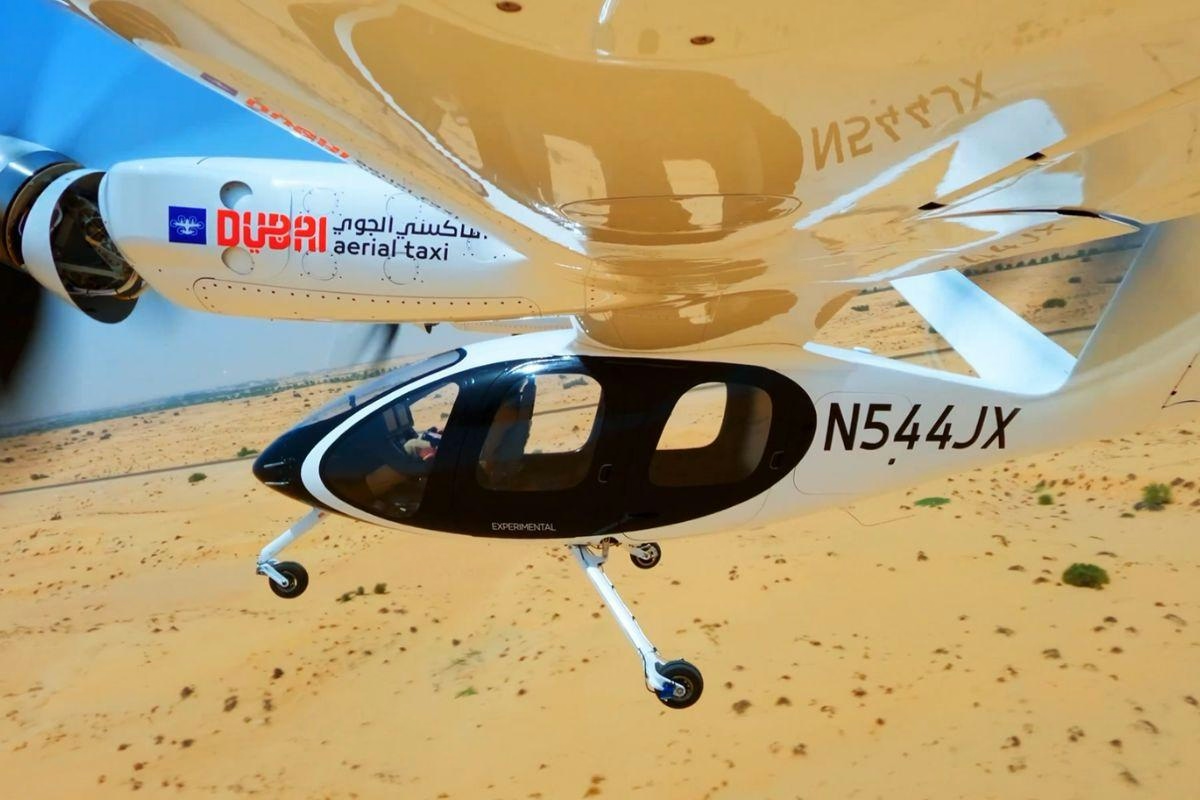
Dubai Prioritizes Public Safety Ahead of 2026 Air Taxi Launch
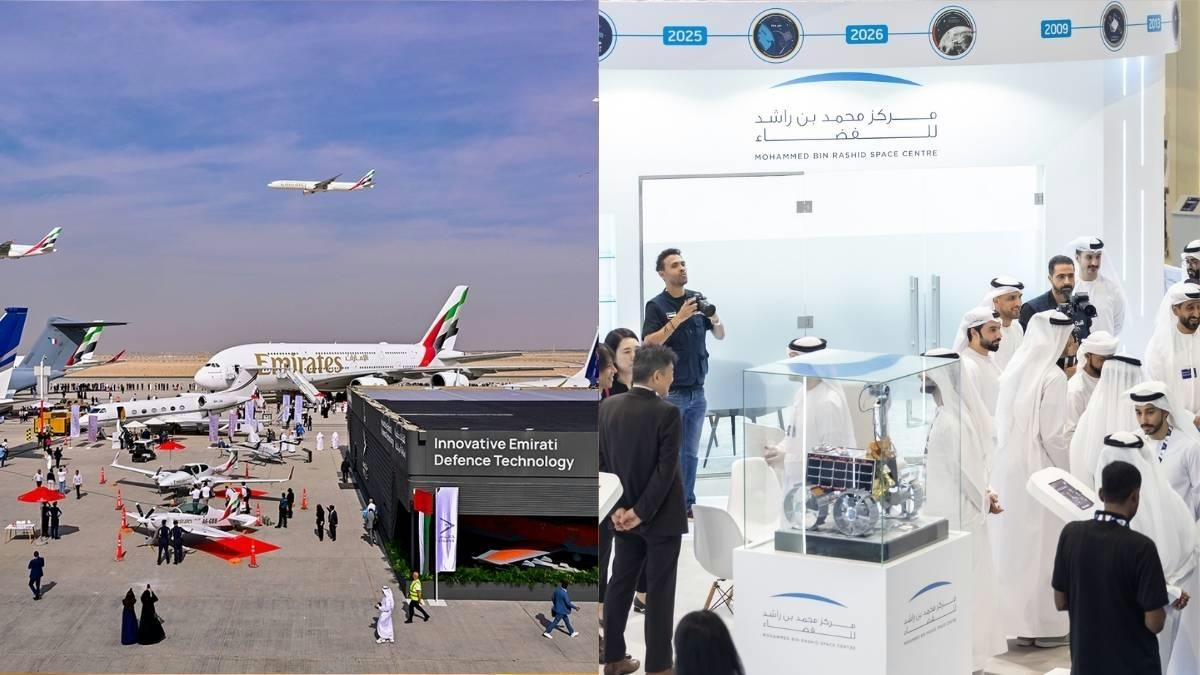
Emirates Airlines Unveils Major Initiatives at Dubai Airshow
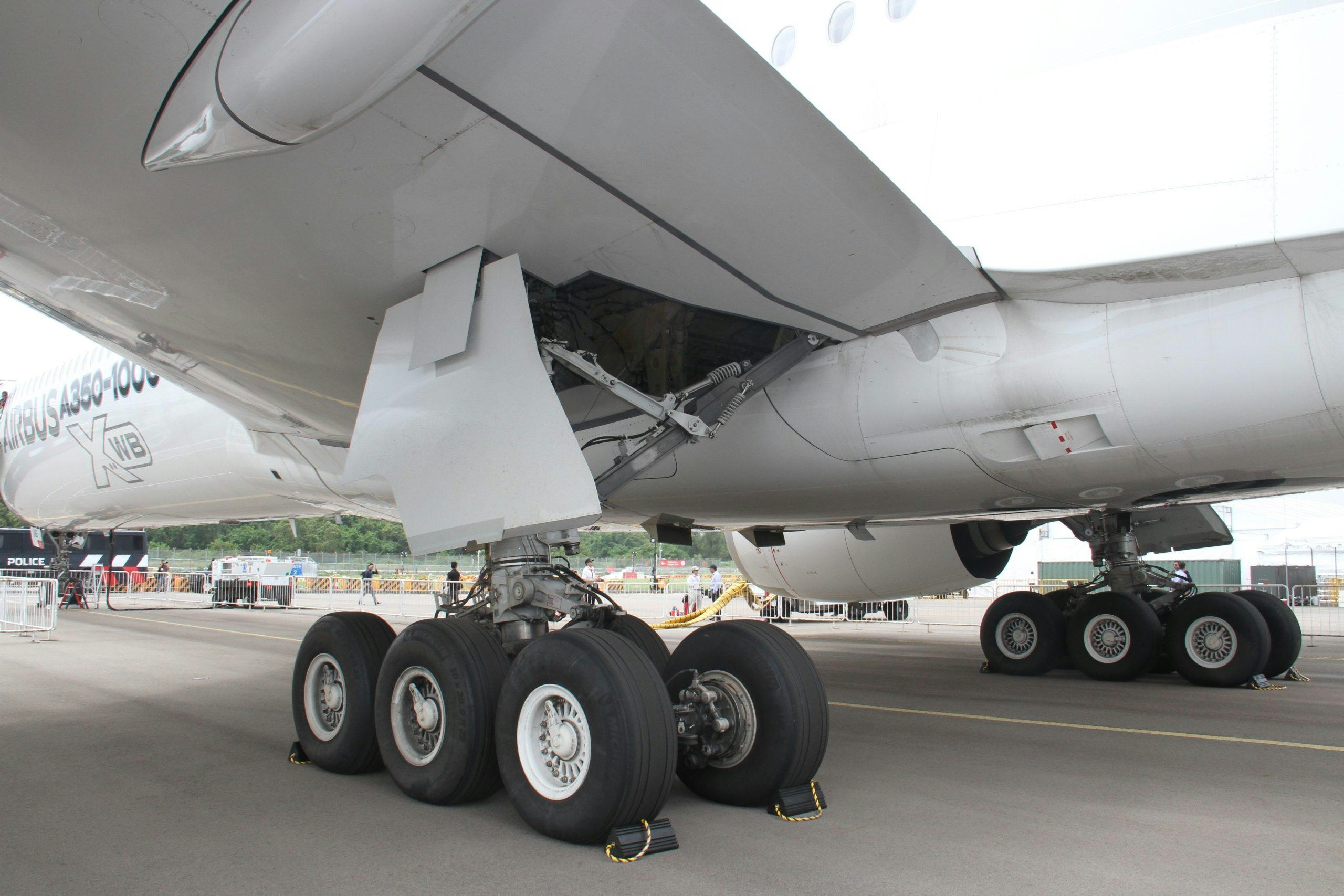
Why Airbus Markets the A350 as a Long-Range Leader
